Burundi’s tea farmers have raised concerns about the future of tea farming, warning of an impending crisis if urgent measures are not taken to address their challenges.
In a letter addressed to President Evariste Ndayishimiye on Tuesday and made public on Thursday, the National Confederation of Tea Growers’ Associations in Burundi (CNATHE) detailed the plight of farmers struggling with low tea prices and logistical hurdles.
“We, the leaders of tea farmers in Burundi, are deeply concerned about the alarming trend of abandoning and uprooting tea crops,” the letter stated. CNATHE highlighted the low price of tea leaves, currently set at 350 FBU per kilogram, as a major factor driving farmers away from the crop. Inadequate fuel supplies to transport tea leaves to processing factories have exacerbated the situation, leading to significant losses.
The letter called on the government to increase the price of tea leaves, provide sufficient fuel for tea processing factories, and enact protective legislation to safeguard tea farming.
The crisis is compounded by a $2 million deficit reported by the Burundi Tea Office (OTB) earlier this week, largely due to an ongoing fuel shortage that has crippled operations. Gilles Mukundwa, OTB’s Director General, said during a press conference that fuel deliveries to OTB factories had been cut by more than half, from 50,000 liters to just 23,000 liters.
“This fuel shortage risks halting production altogether,” Mukundwa warned, adding that frequent power outages have further disrupted tea processing.
The situation has become so dire that some farmers in northern provinces like Kayanza have resorted to uprooting their tea plants. Earlier this month, 44 farmers in Caguka and Nyamisagara localities removed over 61,000 tea plants, citing poor market conditions, low prices, and the fuel shortage.
Tea is Burundi’s second-largest export, accounting for 15.5% of the country’s exports in the first quarter of 2023, following coffee at 52.6%. The sector’s decline would not only affect thousands of farmers but also significantly impact the national economy.
OTB has called on the government to approve its request to import fuel directly, emphasizing the organization’s capacity to fund the procurement. “We have communicated to the relevant authorities our desire to import fuel to ensure the smooth operation of our factories,” Mukundwa said.

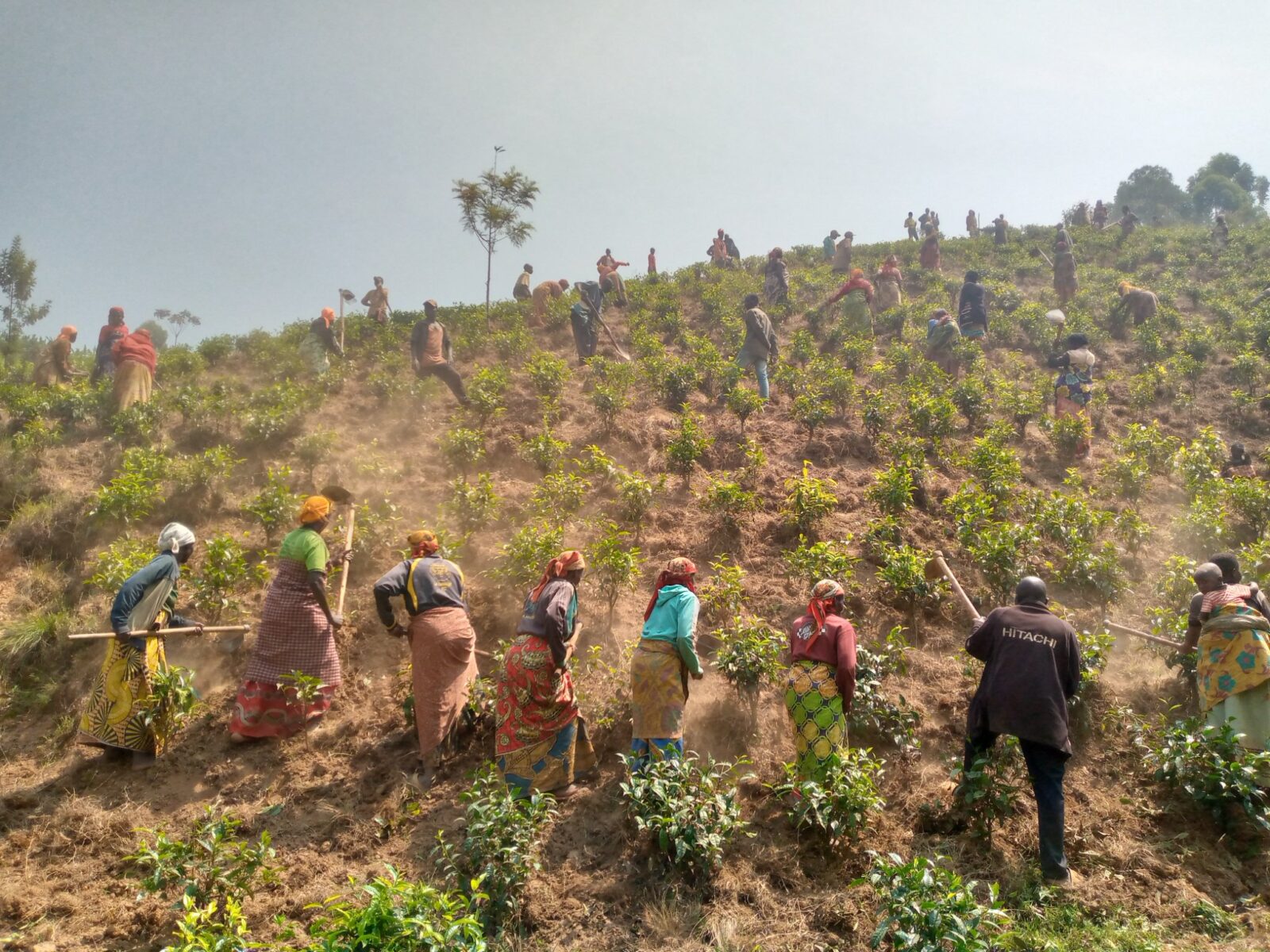
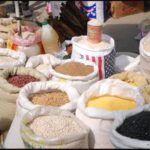

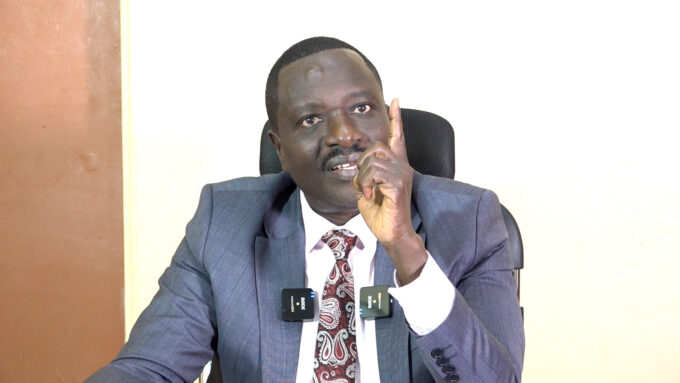
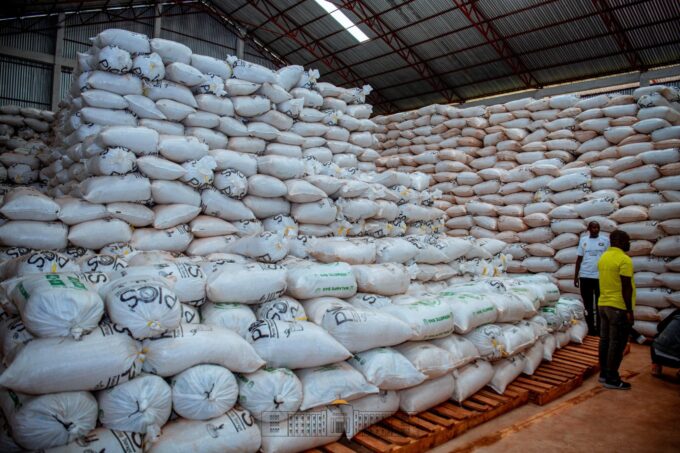
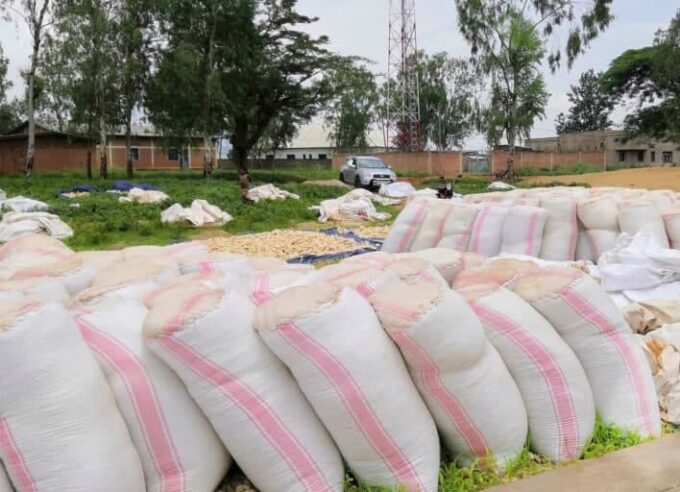
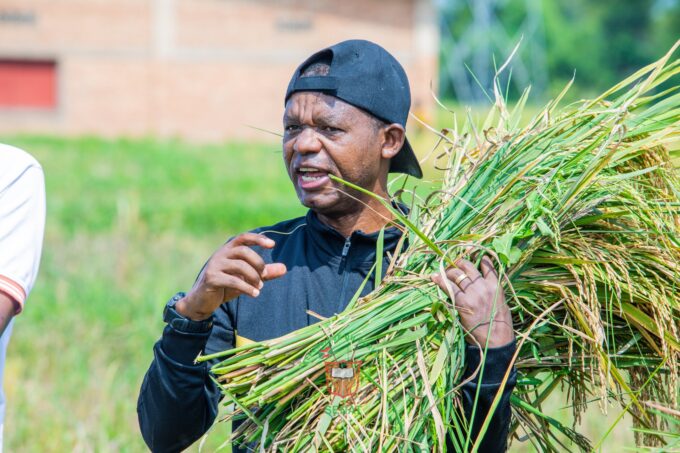
Leave a comment